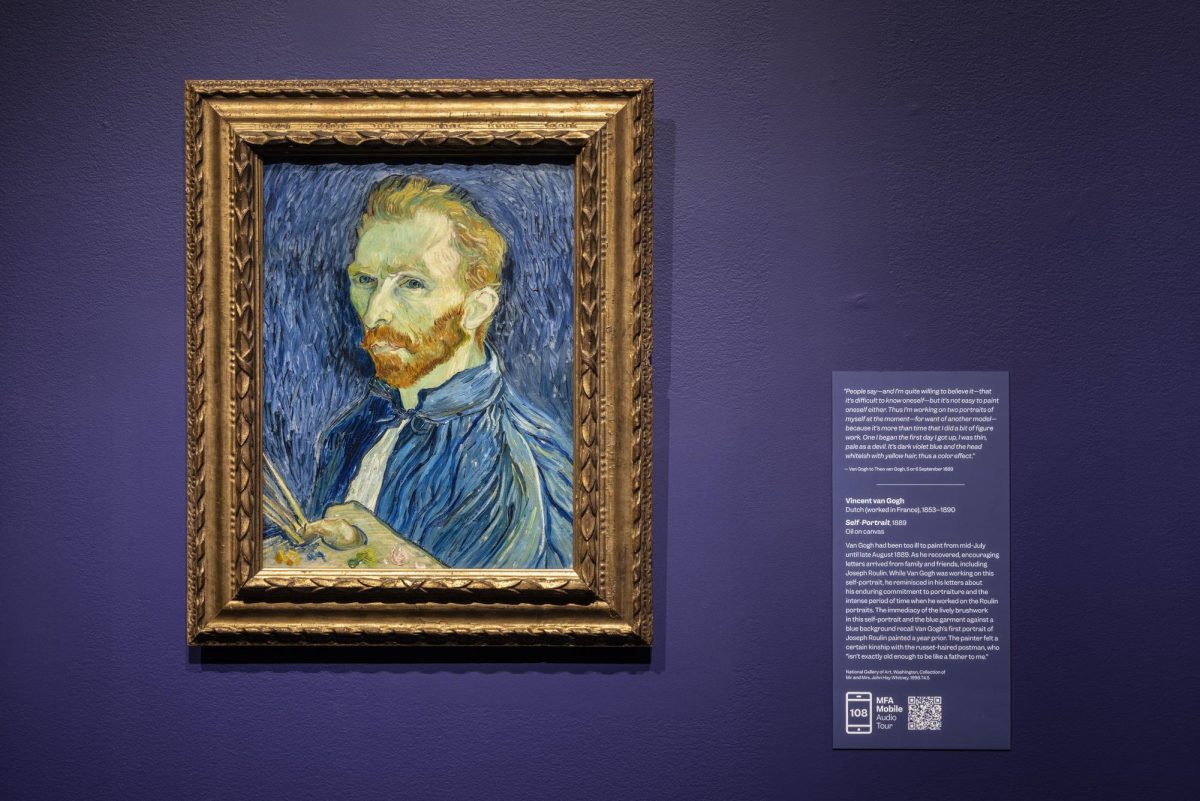By Vy Thai, A&E columnist
Almost 45 years ago, the Watergate scandal helped define investigative reporting—in-depth investigation and critical analysis that surpasses the scope of mere fact reporting and often involves the unearthing of secrets—as a crucial part of journalism.
Today, however, there is a proliferation of digestible, shallow news in place of critical, often time-consuming investigative content. In the current political climate where “alternative facts” are considered the norm and with growing cases where traditional reporting is exhausted, dedicated journalists often hold themselves to higher standards in order to fully discover the truth.
Suki Kim, investigative journalist and author of the memoir “Without You, There is No Us,” which chronicles her time with the sons of North Korea’s elites, offered a rare glimpse into the world’s most secretive regime by going undercover as an English teacher at Pyongyang University of Science and Technology.
Before immigrating to the United States at the age of 13, Kim was born and raised in South Korea and had family members from both sides kept inside North Korea since the Korean War.
As a teacher, Kim lived and worked under complete surveillance at all times, as did all of her colleagues and students.
No one is allowed to leave the campus or keep contact with other people except under strict supervision from the school on rare occasions. Around the country, every building and public place are adorned with the same slogans, images and statues, but all serve to glorify only one figure: The Great Leader. As expected of this highly restrained and idolized environment, anyone who breaks the rules or shows denial to the leaders and their ideologies will be punished under no grounds.
At a speech at Northeastern on March 15, Kim said that writing informative stories about North Korea as an outsider is almost impossible, since authorized foreign journalists are restricted to report only on closely monitored tours and choreographed activities.
“I don’t consider those as real stories,” Kim said. “To me, it’s important for the world to care more deeply about the suffering of North Koreans—especially when those are the future leaders of the regime—and the only way to do this as an investigative journalist is to integrate into the community.”
During her six months there, Kim experienced first-hand what it’s like for North Koreans to be cautious about every single action and word they do and say. In many occasions throughout her time with the students, she noticed how frequently they would lie to her and to each other on even the simplest things.
“Many of the students there major in computer science, and they claimed that they know about the Internet well,” she said. “But as they started to ask me basic things like how many movies am I allowed to watch or how many times can I access the Internet, I knew that something wasn’t right.”
As children of the most elite officials of North Korea and future leaders of the regime themselves, the students were aware that there are things that they aren’t supposed to know but still need to lie in order to protect the image of the regime. Unlike many other accounts of defectors who fled North Korea, Kim’s memoir exposed the paranoia that the North Korean system instills into the minds of its very tight-knitted individuals—an area that rarely gets enough attention from the international community.
Despite ethical concerns regarding the safety of the students for their interactions with Kim, “Without You, There is No Us” still serves as a voice for the voiceless. Her memoir, if nothing else, is a reminder for the international community to humanize North Koreans, and deeply care about the country’s tragedy, rather than laugh at satirized portrayals of the Great Leader as a crazy man created by the mainstream media.
There is a demand for more brave journalists like Kim, especially in countries where the truth is much more difficult to ascertain.
When news of the sudden mass fish deaths in Vietnam broke out earlier last year, I was one of the many Vietnamese citizens who were not satisfied with the ambiguous responses from the government regarding the situation.
Despite the fact that Vietnam ranks on the lowest end of the World Press Freedom Index, journalists in that country needed to conduct investigative work to uncover the reasons for the fish deaths, which were blocked or censored by the government. Regardless of the reasons behind this lack of government transparency, the situation had already affected thousands of local industries as well as the nation on whether the ocean is totally clean and the fish are safe to eat.
The role of investigative journalists is relevant in covering not only corruption cases, but also crimes against children, women, the LGBTQA+ community and other vulnerable groups. The reliability of such investigative content can be a force for public interest in and commitment to better governance, without leaning toward any side of the political or ideological debate.
Everyone has a need for truth, and the effort for journalists to inform the public does not stop at the water’s edge. It is the critical investigative reporting and powerful storytelling that has the power to fully speak truth.















